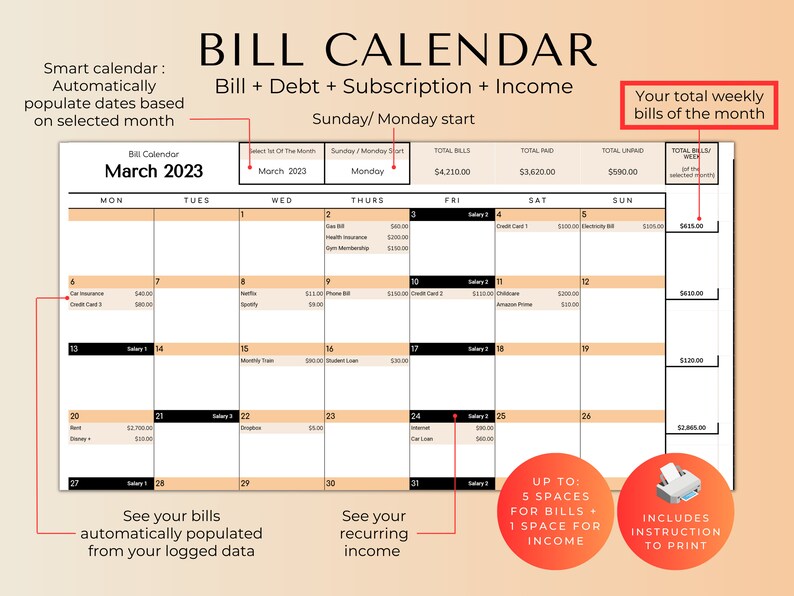

- 50 30 20 BUDGET SPREADSHEET HOW TO
- 50 30 20 BUDGET SPREADSHEET UPDATE
- 50 30 20 BUDGET SPREADSHEET FREE
50 30 20 BUDGET SPREADSHEET UPDATE
The spreadsheet then calculates how much you have left at the end of the month.Ī great benefit of using a spreadsheet as opposed to a worksheet is how you can save it and update it regularly, so you always have an up-to-date picture of your monthly budget. After downloading it, you simply enter all of your income after tax and all of your expenditures.
50 30 20 BUDGET SPREADSHEET FREE
Am currently waiting for a promised promotion+raise, and if received will increase my savings percentage further in proportion to everything else (both retirement and other) - perhaps another $100 or so wiggle room to the monthly budget, but not much more.The free spreadsheet from is compatible with both Microsoft Excel and Google Docs. Salary makes a large impact - I pay about the same rent as before (in a new place), make almost twice as I did then (and thus trying to catch up retirement funds), and still in the same HCOL city, currently at ~70% of the median local salary. Eg, I need food/groceries, but my choices in that category definitely reflect a fair amount of wants too. As mentioned by another - it's hard to separate needs/wants to some degree. Now, am at 23% rent, 18% taxes, 30% retirement savings, and the remaining 29% is a fuzzy blend of needs, wants, and non-retirement savings. Low-income in a HCOL city (making ~45% of median local salary in 2015, was about 50% to rent after previously living in a cheaper place that was broken into several times). The main point of this though is to get you to think "What am I spending money on? Do I need to spend this money? Is it worth it?" Ask yourself, "If I didn't need to save, what would I spend that money on?" If the stuff you come up with doesn't seem worth it, I'd say you're doing fine.Ībout 7 years ago, savings was essentially 0, wants about 5-10% and the rest was needs/taxes. I rent and that's a fun little chunk that goes away nice and quick, so my numbers, based on my own interpretation are about How about dividends from investments? Do you count that as income when you reinvest? That can increase your percentage savings. How about contributions to an emergency fund? If you already have that 6-9 month buffer, and are no longer contributing to it, does diverting those funds to other things reduce your savings amount?Īssuming you're doing your calculations post taxes, how are you incorporating your 401k into that percentage? Does retirement even really count as savings if it's not liquid? Is a preparation for a down payment on a car or a house savings? If it's not, how do you split your rent based on the potential savings, and costs of roommates? How does this account for the spike in rental costs (~9.4% post-pandemic) and the massive spike in hosing prices? Is your own place a necessity? It can be for some people. issues.įor example, you could convincingly argue pets aren't a need but once you have them, their care is, if you have any morality, a necessity. I actually spent a good while trying to figure out how my money split into these categories and quickly came up against some. To my thoughts, the 50/30/20 budget is more what you'd call guidelines than actual rules. Like a lot of others are saying, this rule is quite vague, and I'd argue intentionally so. Leading to understanding prioritizing, sacrificing and noticing anything eating up way more, or not getting enough, of your income.Ī lot less people would probably question whether or not they could afford a car/house or whether they should get rid of a substantial debt, if they played around with pie charts and visually saw how much of their income is going towards just one thing. I think it’s good to look at your budget as a percentage pie with categories, because it makes you very aware that when one category increases, another (or others) have to decrease. Our housing is well within the general recommendation, groceries are also average, utilities, gas, insurances are all pretty standard… so it just kind of lines up with the recommendation. We fall in the 50-30-20 almost exactly because 15% of our gross pay to retirement is 20% of our take home. Saving up for something in particular would fall in the need or want category, depending on which one it is. I consider “savings” to mean retirement, not anything I’m saving up for. Here, please treat others with respect, stay on-topic, and avoid self-promotion.Īlways do your own research before acting on any information or advice that you read on Reddit.

50 30 20 BUDGET SPREADSHEET HOW TO
Get your financial house in order, learn how to better manage your money, and invest for your future.

Banking Megathread: FDIC, NCUA, and your cash.Private communication is not safe on Reddit. Scam alert: Ignore any private messages or chat requests.


 0 kommentar(er)
0 kommentar(er)
